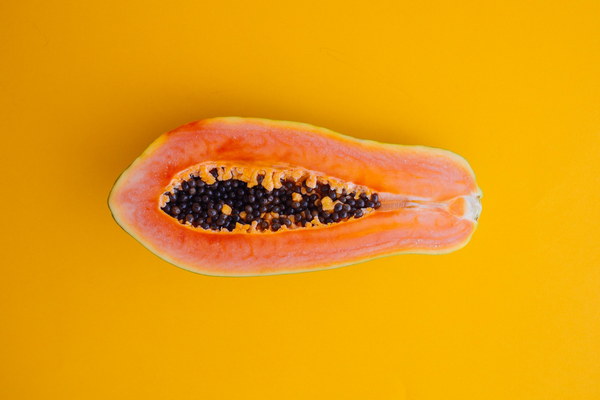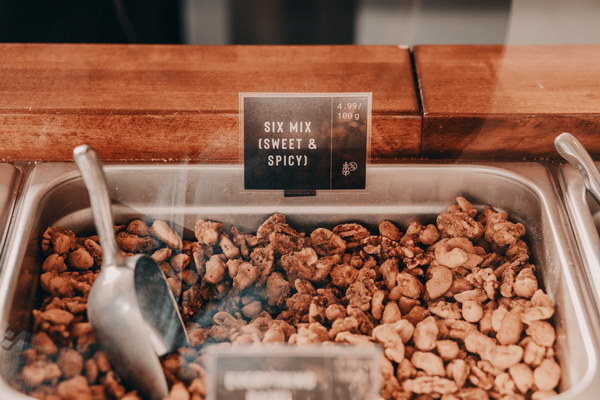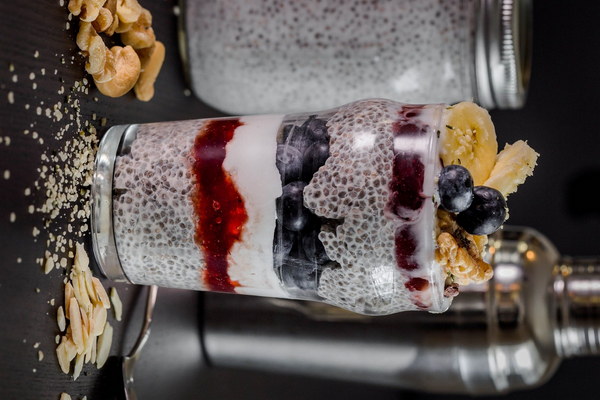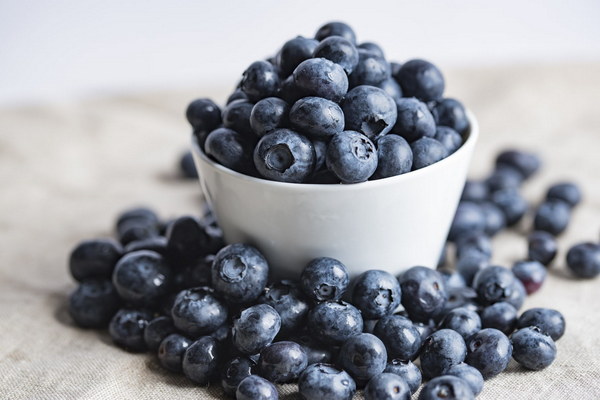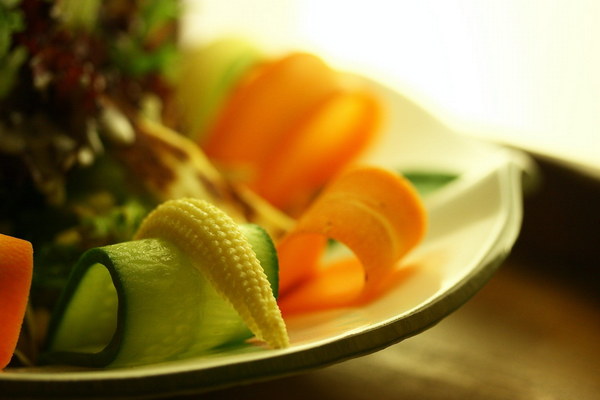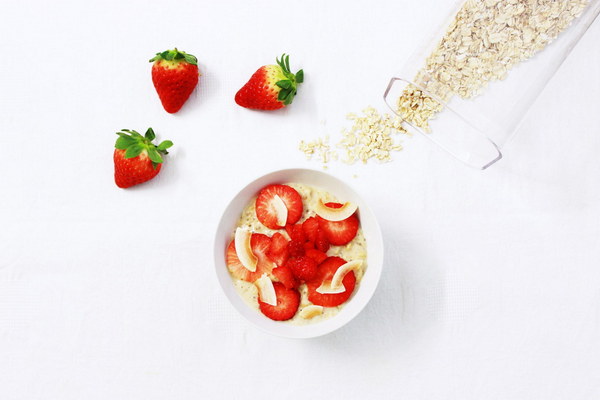Unveiling the Truth Does Licorice Really Boost Blood and Qi
Licorice, a commonly used herb in traditional Chinese medicine, has been hailed for its numerous health benefits. One of the most frequently mentioned benefits is its ability to TONIFY BLOOD AND QI. But does licorice really live up to this claim? In this article, we will delve into the scientific evidence and traditional wisdom behind licorice's supposed blood and Qi-boosting properties.
Licorice, also known as glycyrrhiza uralensis, is a root that has been used for thousands of years in Chinese medicine. It is believed to have a sweet, slightly bitter taste and a neutral property. The herb is widely used in various herbal formulas to balance the body's Yin and Yang energies, promote digestion, and enhance the immune system.
The concept of TONIFY BLOOD AND QI is central to traditional Chinese medicine. Blood is considered the substance that nourishes and protects the body's tissues and organs, while Qi is the vital life force that circulates throughout the body. When blood and Qi are deficient, it can lead to a variety of health issues, such as fatigue, weakness, and anemia.

Licorice is thought to tonify blood and Qi by its ability to invigorate the spleen and stomach, which are responsible for producing and transforming Qi and blood, respectively. Additionally, licorice is believed to have the following properties:
1. Enhance Blood Production: Licorice contains glycyrrhizin, a compound that is thought to stimulate the production of red blood cells and hemoglobin, thereby increasing blood volume and improving oxygen transport throughout the body.
2. Strengthen the Immune System: Licorice is known for its immune-enhancing properties. It can boost the activity of immune cells, such as macrophages and natural killer cells, which help to protect the body against infections and diseases.
3. Regulate Endocrine Functions: Licorice can help regulate the endocrine system, which plays a crucial role in the production and distribution of blood and Qi. By balancing hormones, licorice can improve overall blood and Qi health.
While the traditional claims of licorice's blood and Qi-boosting properties are well-documented, scientific evidence supporting these claims is limited. Here are some studies that have explored licorice's potential effects on blood and Qi:
1. A study published in the Journal of Ethnopharmacology in 2014 found that licorice extract improved red blood cell and hemoglobin levels in rats with anemia. The researchers concluded that licorice could be a promising natural treatment for anemia.
2. Another study published in the Journal of Ethnopharmacology in 2010 investigated the immune-enhancing effects of licorice in mice. The results showed that licorice extract increased the activity of immune cells and improved overall immune function.
3. A study published in the journal Phytomedicine in 2017 examined the potential of licorice in treating chronic fatigue syndrome. The researchers found that licorice extract improved fatigue symptoms and increased energy levels in patients with the condition.
While these studies provide some evidence to support licorice's blood and Qi-boosting properties, it is essential to note that more research is needed to fully understand the extent of its benefits.
In conclusion, licorice is a traditional herb that has been used for centuries to tonify blood and Qi. While scientific evidence is limited, the herb shows promise in enhancing blood production, strengthening the immune system, and regulating endocrine functions. However, it is important to consult with a healthcare professional before incorporating licorice into your health regimen, as it may interact with certain medications and have side effects in some individuals.
